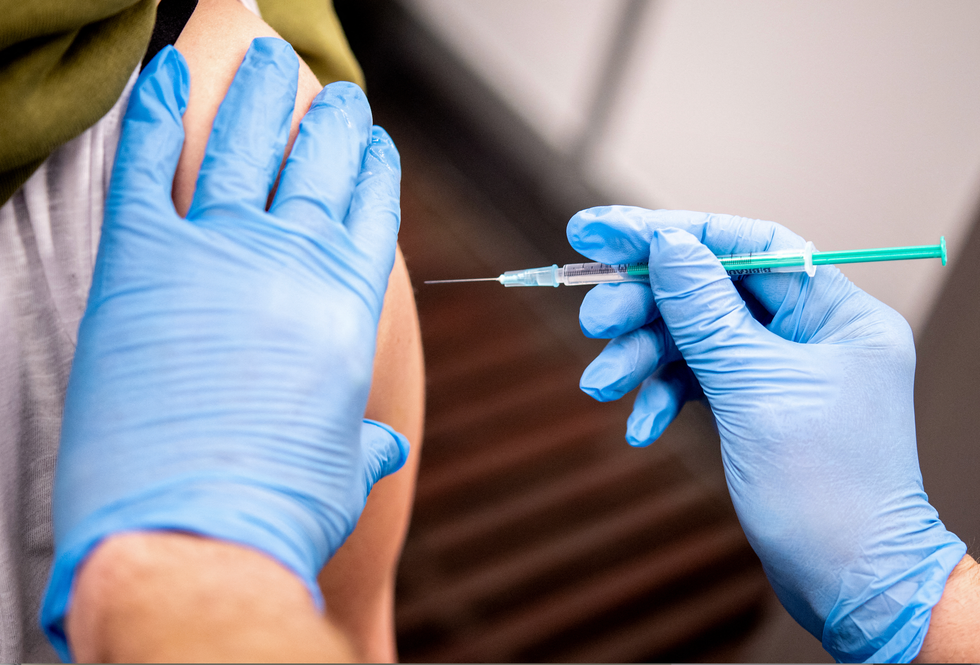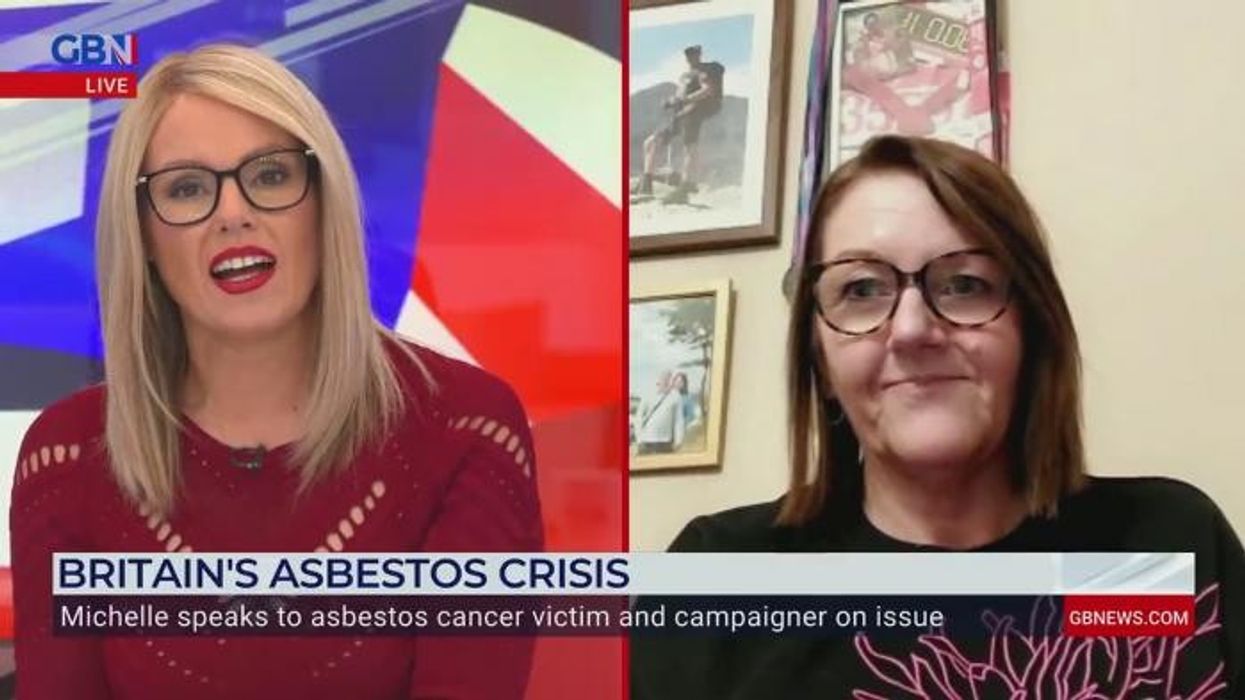Cancer breakthrough: New jab could slash risk of cervical cancer

More than half of those given a new vaccine in a clinical trial saw their pre-cancerous cells destroyed
Don't Miss
Most Read
Latest
A breakthrough study has found that thousands of women with early-stage cervical cancer could reduce their risk of developing the disease by taking an HPV vaccine.
Dutch researchers discovered the jab could prevent cancer developing in women with high-risk pre-cancerous cells.
The promising trial showed that in more than half of those given the vaccine, the pre-cancerous cells were destroyed.
After nearly two years of monitoring, none of the treated patients experienced a recurrence of these cells.

Thousands of women with early-stage cervical cancer could reduce their risk of developing the disease by taking an HPV vaccine
|GETTY
In the phase two trial, 18 patients with severe pre-cancerous cells (CIN3) received three doses of the vaccine over nine weeks.
After 19 weeks, nine participants saw their pre-cancerous cells shrink or disappear, with complete destruction in three cases.
The remaining nine patients underwent standard surgery, but four were found to have no disease present when operated on.
Scientists monitored the patients for approximately 20 months, with no cases showing any return of pre-cancerous cells.
Currently, women with high-risk cells undergo a loop excision operation to scrape cells from the cervix, which can lead to bleeding, infection and pregnancy complications.
MORE CANCER BREAKTHROUGHS:

A Team from the Netherlands' University Medical Centre Groningen have made the breakthrough
|WIKIMEDIA COMMONS
The new vaccine, called Vvax001, could offer a safer alternative to surgery.
Dr Refika Yigit, an oncological gynecologist at University Medical Centre Groningen who led the trial, said: "To the best of our knowledge, this response rate makes Vvax001 one of the most effective therapeutic vaccines for HPV16-associated CIN3 lesions reported to date."
She added that if confirmed in larger trials, "at least half of the patients" might avoid surgery.
In the UK, the HPV vaccine has been offered to all girls in school year 8 since 2008, with boys becoming eligible from 2019.
Currently, women aged 25 to 49 are invited for cervical screening every three years, while those 50 to 64 are screened every five years.
LATEST HEALTH UPDATES:
However, screening uptake remains low, with only about 70 per cent of eligible women attending their scheduled tests.
Barriers to attendance include embarrassment and difficulty finding convenient appointment times, resulting in 1.3 million missed screenings annually.
The NHS has pledged to dramatically reduce cervical cancer cases by 2040 through increased HPV vaccination and screening uptake.
The health service aims to bring diagnosis rates below four women per 100,000, down from the current rate of 9.5.
This would still mean approximately three women per day receive a diagnosis.
Experts credit the HPV vaccine for helping to nearly eliminate the disease, though women who receive the jab are still advised to attend regular screening as the vaccine does not provide complete protection.











